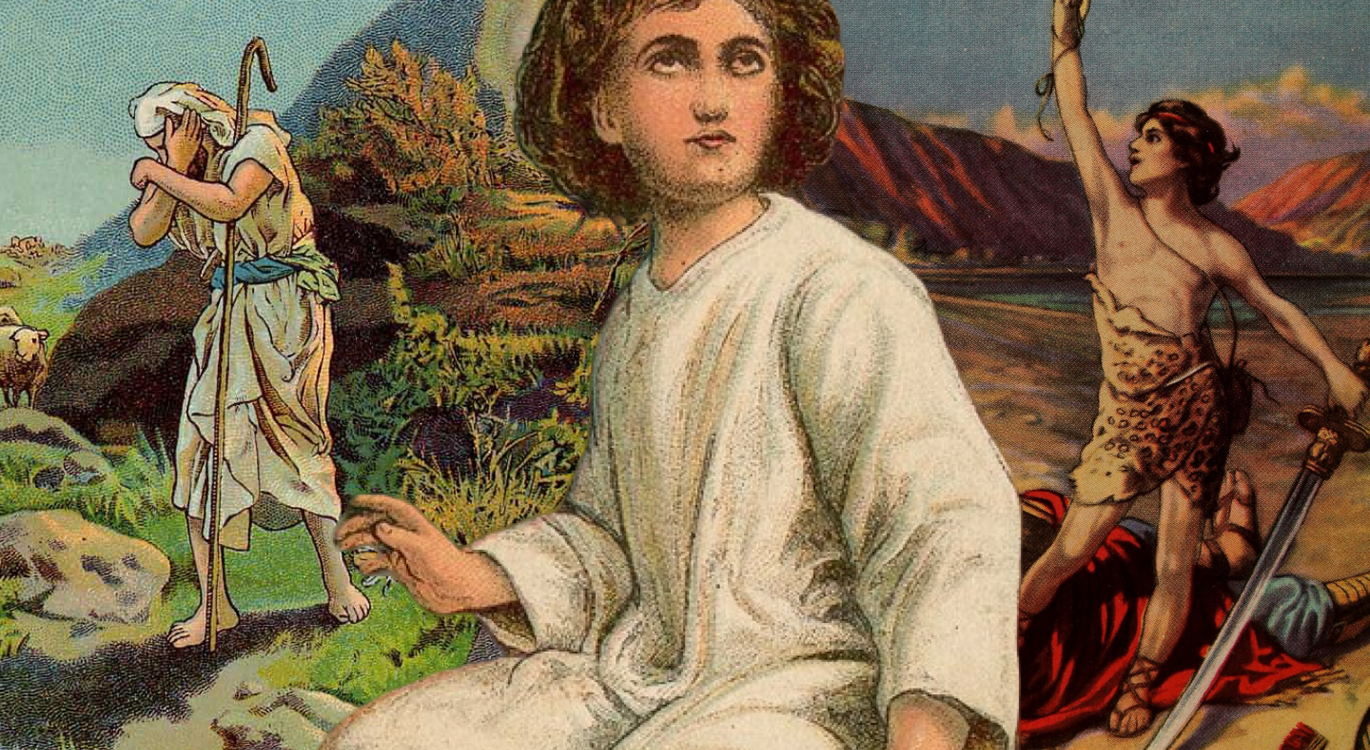In this study of lessons gleaned from 1 Samuel, a vein that was opened in the consideration of Hannah will be explored. When we see a problem, we think it needs to be solved immediately. If we can’t solve it, then we think God should solve it immediately. He may, but one of the lessons we learn, as we survey the men God raises up to deliver His people, is that He often takes the time to grow them. Hannah saw a need and asked for a son. Sure, there was an immediate benefit to her and her problem of barrenness in the answer of a son, but the bigger need she discerned for godly leadership would take years of growth before Samuel could actually be a part of the solution. Therefore, apparent needs are not missed by God, he may just be waiting for a deliverer to be grown to meet the need.
Paul wrote to Timothy, likely in this vein, in 1 Timothy 2:15. In his discussion of the differing roles of men and women, there is a curious phrase related to the woman: “she will be saved in childbearing”. It would seem that Paul was thinking of the means through which salvation comes – not the act of childbirth, but the fact that deliverers are born. It is, after all, through the seed of the woman, that ultimate deliverance would come (Genesis 3:15). Eve likely had this in mind when she gave birth, naming her son Cain (meaning “acquired”), acknowledging he was a man “from the LORD” (Genesis 4:1).
The pattern can be traced through the Old Testament. When the edict of Pharaoh went out that all newborn males were to be thrown to the crocodiles, Amram and Jochebed in faith had a son (Exodus 2:1,2). Moses was grown to be the deliverer. The people were already in slavery. They were already oppressed. Why didn’t God act in a hurry? It wasn’t the right time – He was growing a deliverer. Forty years later Moses is rejected as a leader and flees to Midian (v.15). Forty more years pass before God calls him in the burning bush to go and tell Pharoah to “Let My people go” (Exodus 5:1).
The angel of the Lord appears to Manoah’s wife. She is barren, but told she will have a son who would be a Nazirite (Judges 13:3-5). The Philistines are ascendant – God’s answer is a son they named Samson. God will grow a deliverer. God surely could have empowered Manoah against the Philistines, but God would wait for Samson. The same is true for Samuel. Hannah wanted a son who could be instrumental in delivering Israel from her oppression. She promised him to God as a Nazirite. God answered her prayer – perhaps she had learned the pattern? She was willing to wait – to let God grow the deliverer.
The timing of David’s birth in relation to Saul is not easy to ascertain. The chronology is notoriously difficult. However, if we take Saul’s reign to be forty years (Acts 13:21), and David began his reign at thirty years of age (2 Samuel 5:4), then Saul had reigned for ten years when David was born. While it is impossible to know for certain where David’s birth fits into the life of Saul, it does seem that God rejected Saul earlier in his kingship rather than later. Jonathan is a young man fighting Philistines when Saul presumes on the priest’s office and loses the promise of a dynasty (1 Samuel 13). He is told that “the LORD has sought out a man after his own heart” (1 Samuel 13:14). Who is this man? By chapter 15, God informs Saul that he is no longer king and that the kingship has been given to a “neighbour of yours” (15:28). Again, who is this neighbour? God wasn’t at a loss when Saul turned out to be a failure as king – he was growing the next one! It is well within the realm of possibility that, as Saul was being rejected, Jesse and his wife were welcoming their eighth son into the family. Certainly, God had David in mind (born or unborn) even as He was rejecting Saul as leader of His people Israel.
The New Testament opens with angelic visitations. The prophetic witness has been silent for over four hundred years. Can God wait any longer to deliver His people? Yes, He can. He grows the witness John and the ultimate Deliverer, Jesus – the one who “will save His people from their sins” (Matthew 1:21). He will be born in Bethlehem, “for from you shall come a ruler who will shepherd my people Israel" (Matthew 2:6 ESV). God is willing to wait, never in a hurry, but always on time (cp. Romans 5:6 ESV– Christ died “at the right time”).
God is still growing His servants. Both Jeremiah (Jeremiah 1:5) and Paul (Galatians 1:15) testify to the fact that God grew them for a purpose – to be messengers to the people they were in contact with. As parents we need to be cognizant of this. The world is difficult and against God. It isn’t a nice, safe, happy milieu for children. The need is great and immediate . . . but God grows His deliverers, His messengers. We need to have children in faith that God will use them for His purpose in their generation. Perhaps you are already grown? Maybe you are the deliverer/messenger God has grown for “such a time as this” (Esther 4:14). God helps us to look to Him, in faith, for “the Deliverer” (Romans 11:26), because God is never in a hurry, but He is always on time.



